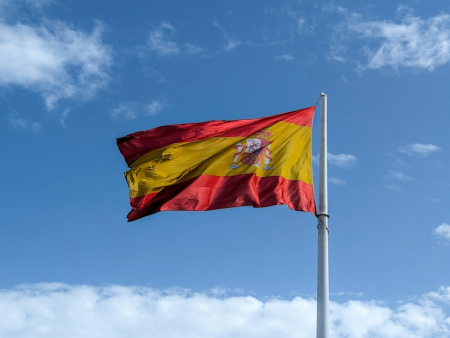
The Bangko Sentral ng Pilipinas (BSP), the central bank of the Philippines, has issued a strict directive ordering all electronic wallet providers to sever ties with online gambling platforms within a 48-hour period.
The instruction, revealed during a contentious Senate committee hearing on games and amusement, mandates the removal of all in-app features and direct links that facilitate access to gambling websites.
BSP Deputy Governor Mamerto Tangonan confirmed the order but clarified its scope, noting that while direct integrations must be disabled, users can still access gambling sites independently and use e-wallets as a payment method.
The 48-hour timeline set by the regulator drew immediate and fierce criticism from lawmakers, who argued the measure lacked the urgency required to address a growing social crisis.
Senator Alan Peter Cayetano rebuked the central bank, asserting that technical staff should be capable of disabling such links almost instantly and accused the BSP of granting operators an unnecessary grace period.
The committee’s chairman, Senator Erwin Tulfo, echoed this frustration, warning that he would not hesitate to cite BSP officials for contempt of the Senate if the gambling links remained active beyond the stipulated deadline.
The strongest condemnation came from Senate Majority Leader Joel Villanueva, who rejected any technical excuses for the delay.
He pointed to the devastating human cost of online gambling addiction, referencing reported cases of suicides linked to catastrophic financial losses and stressing that the need to protect the public far outweighed any operational hurdles.
In response, Deputy Governor of Philippines Central Bank Tangonan explained that the two-day window was intended to give e-wallet providers sufficient time to prepare for the change and properly inform their customers.
He nonetheless acknowledged the committee’s authority and agreed to be held accountable for ensuring compliance. The directive comes as data presented to the committee revealed the staggering scale of the issue, with nearly 12,000 illegal gambling sites currently operating in the country.





